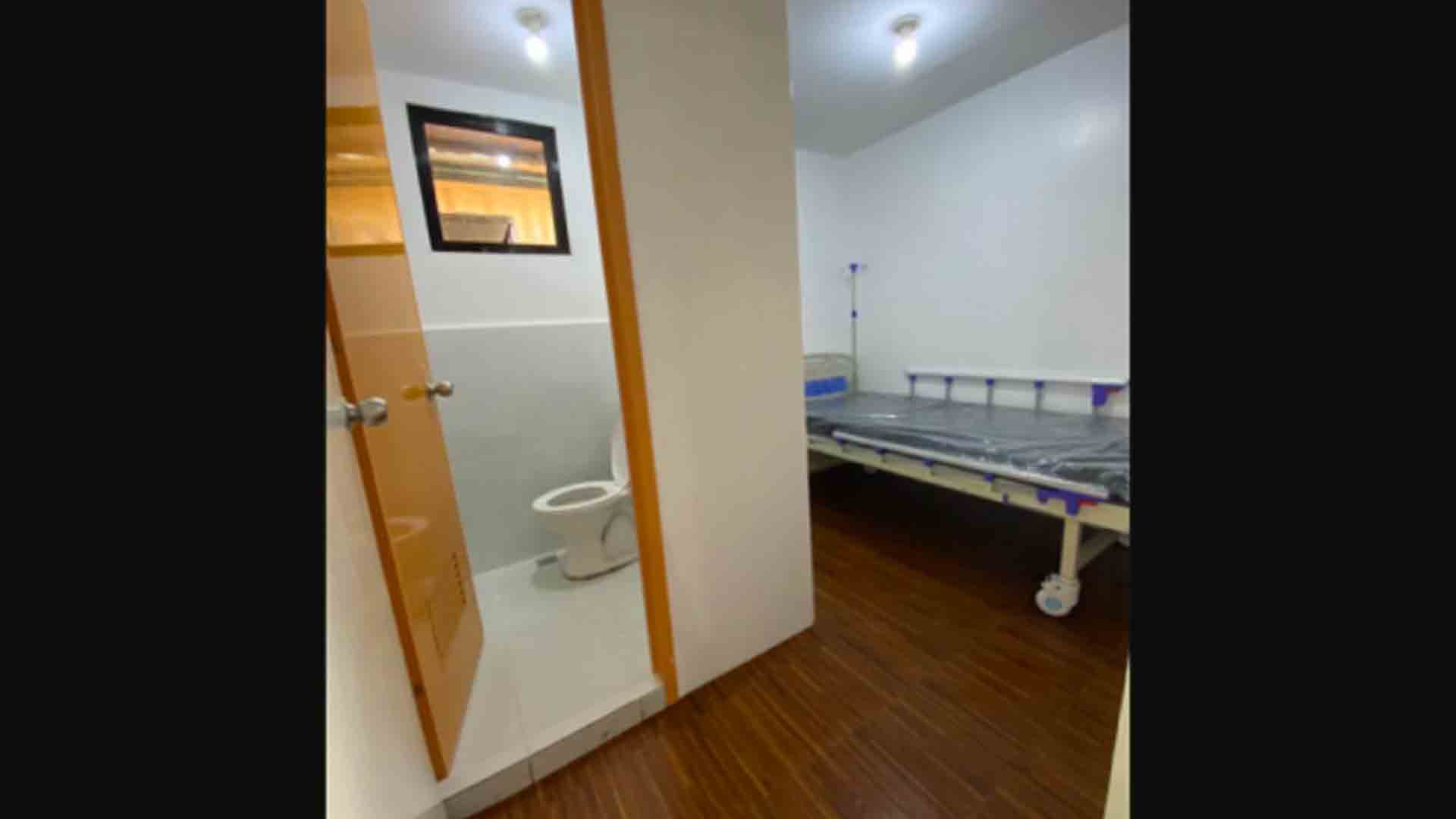The Quezon City government will be opening new quarantine facilities as well as its own molecular laboratory before August ends.
In a Facebook post over the weekend, Mayor Joy Belmonte visited the new quarantine facilities in different barangays of the city.
“Tinitiyak ng lokal na pamahalaan na handa ang mga barangay na tugunan ang pangangailangan ng kanilang mga nasasakupan sa gitna ng pandemya (the local government is making sure that these barangays are ready to respond to the needs of their residents amid the pandemic),” Belmonte said.
Aside from those in the barangays, the city will have another quarantine facility inside the Quezon City University through the help of the Department of Public Works and Highways (DPWH).
Some 16 units of recycled container vans were used to build a 64-room facility to isolate Covid-19 patients with mild symptoms and those asymptomatic.
After Manila and Marikina, QC will also have its very own molecular laboratory to be launched by the last week of August, pending approval of the Department of Health (DOH).
The molecular laboratory will be placed at a building that was retrofitted inside the Barangay Teachers Village East through the help of Megaworld Corporation.
Personnel from the QC health department, consisting of medical technologists, pathologists, laboratory managers, and other manpower support, will undergo training next week at the Research Institute for Tropical Medicine (RITM) to equip them with the needed knowledge to man the new molecular laboratory.
Currently, the city has partnered with some private hospitals and laboratories which the local government pays to process their Covid-19 tests.
Once it becomes operational, tests will be processed through the new molecular laboratory which will also help lessen the city government’s expenses.
The new laboratory can process about 500 tests per day with only one to two days turnaround time and has already been accredited by DOH for level three.
Belmonte said that the laboratory will be utilized to process Covid-19 tests for now but eventually, it may also be used to process other medical tests on tuberculosis, human immunodeficiency virus (HIV), and dengue. (PNA)







